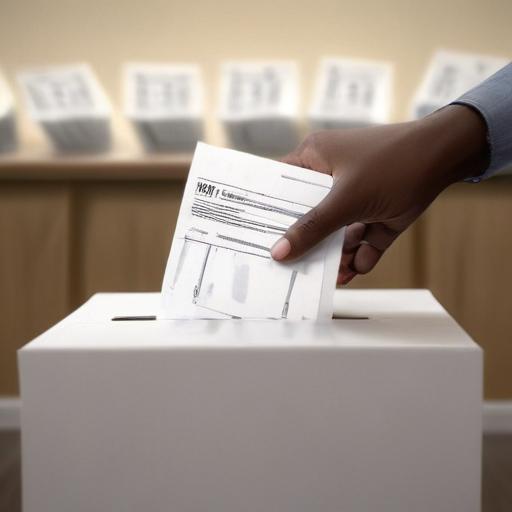U.S. Representative Brian Fitzpatrick (R-Pa.) made headlines during the House’s recent procedural vote on President Donald Trump’s comprehensive spending and tax policy package. The vote, held late Wednesday night, witnessed Fitzpatrick breaking ranks with the majority of House Republicans by casting a “no” vote, which was unexpected given his previous silence on any concerns regarding the bill.
The House eventually advanced the bill with a vote of 219-213. As the House gears up for a full vote on the legislation, Fitzpatrick’s support remains uncertain, although many believe it will pass regardless of his decision. The bill, which renews Trump’s 2017 tax cuts and increases funding for defense and energy while cutting Medicaid and SNAP benefits, is predicted to add $3.3 trillion to the national deficit, according to the Congressional Budget Office (CBO).
House Speaker Mike Johnson acknowledged Fitzpatrick’s concerns, stating, “I’ll let everybody vote their conscience.” Fitzpatrick, a former FBI agent and a more private lawmaker, has historically differed from the party line, particularly regarding Trump’s policies on foreign affairs, notably concerning Ukraine.
Just hours before the vote, Fitzpatrick sent a pointed letter to Trump, voicing his concerns about the U.S. withholding promised defense aid from Ukraine. He emphasized the importance of supporting Ukraine, stating that they are “holding the line for the entire democratic world” against Russian aggression. His stance has resonated with constituents, some of whom staged a “die in” at his office to protest proposed cuts to Medicaid and SNAP benefits, which could adversely affect thousands in Bucks County.
The implications of his recent vote and the potential ramifications for his political future are significant as he prepares for his reelection campaign in 2026. The Democratic Congressional Campaign Committee has already targeted his seat for potential flipping. Fitzpatrick’s previous experience in a primary challenge, where he successfully defeated a more conservative opponent by a sizable margin, suggests he is well-equipped to handle internal party pressures from the GOP.
The situation highlights a critical moment for Fitzpatrick as a moderate voice within a contentious political landscape. While facing pressures from both his party and constituents, his commitment to balancing financial concerns with the needs of vulnerable populations remains evident as he navigates this politically charged environment.
Fitzpatrick’s actions serve as a reminder of the complexity of modern governance, where lawmakers must weigh difficult decisions that impact their constituents while also adhering to party lines.
